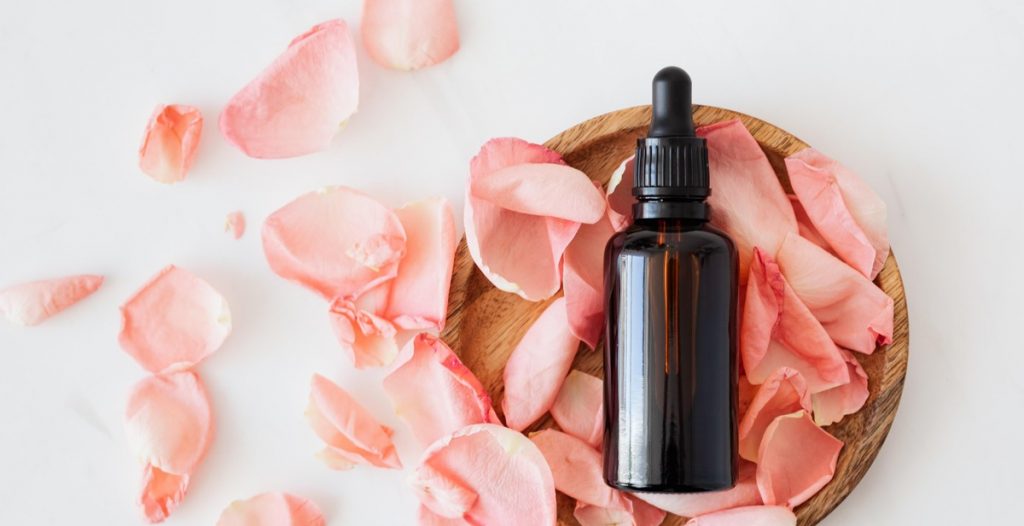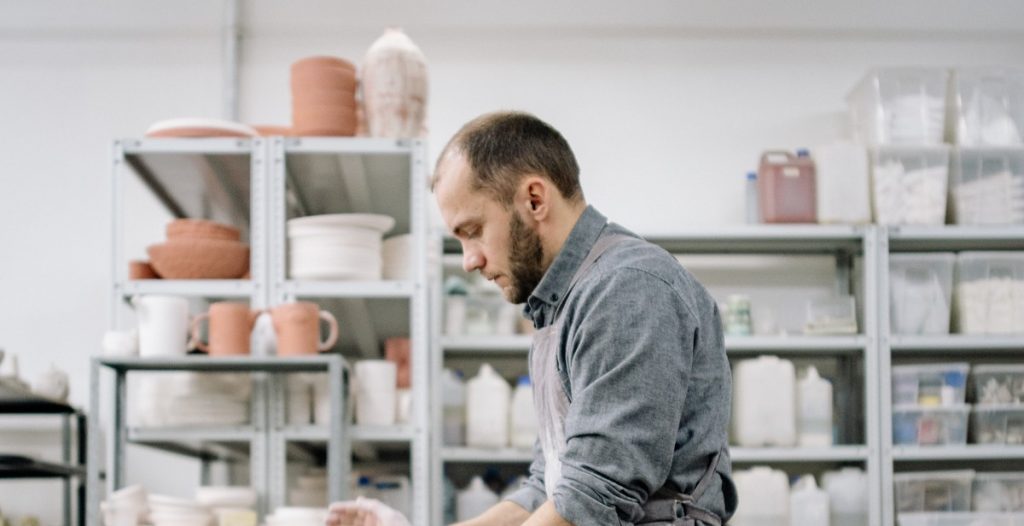Essential Oil Safety in Candle Making: Dos and Don’ts
Essential oils have become increasingly popular in candle making due to their natural and aromatic properties. However, it is important to take precautions when working with essential oils to ensure safety and prevent any adverse effects. In this article, we will discuss the dos and don’ts of essential oil safety in candle making.
The Dos of Essential Oil Safety in Candle Making
- Choose high-quality essential oils from reputable sources.
- Follow recommended dilution rates to avoid skin irritation or other negative reactions.
- Use a scale to measure essential oils accurately for consistent results.
- Store essential oils in a cool, dark place away from direct sunlight and heat sources.
- Label all essential oils clearly to avoid confusion and ensure proper usage.
The Don’ts of Essential Oil Safety in Candle Making
- Do not use undiluted essential oils directly on the skin or ingest them.
- Do not exceed recommended usage rates for essential oils in candle making.
- Do not add essential oils to hot wax, as this can cause them to evaporate and lose their scent.
- Do not use essential oils that are known to be phototoxic in candles that will be burned outdoors or in direct sunlight.
By following these essential oil safety guidelines, you can create beautiful and fragrant candles without compromising safety or quality.
What are Essential Oils?
Essential oils are highly concentrated plant extracts that are distilled from various parts of plants such as leaves, flowers, stems, roots, and bark. These oils are used for their therapeutic properties and have been used for thousands of years in traditional medicine, aromatherapy, and even in cosmetics.
Essential oils are composed of naturally occurring chemical compounds that give them their unique aroma and therapeutic benefits. These compounds include terpenes, alcohols, esters, ketones, and phenols. Each essential oil has its own unique composition, which gives it distinct properties and benefits.
Types of Essential Oils
There are many different types of essential oils, each with its own unique properties and benefits. Some of the most commonly used essential oils include:
- Lavender oil: known for its calming and relaxing properties, and is often used to promote restful sleep.
- Peppermint oil: known for its cooling and invigorating properties, and is often used to promote mental clarity and focus.
- Tea tree oil: known for its antibacterial and antifungal properties, and is often used to treat skin conditions such as acne and athlete’s foot.
- Eucalyptus oil: known for its respiratory benefits, and is often used to relieve congestion and promote clear breathing.
- Frankincense oil: known for its grounding and calming properties, and is often used in meditation and spiritual practices.
Other popular essential oils include lemon, rosemary, chamomile, and ylang-ylang. It’s important to note that essential oils are highly concentrated and should always be used with caution. When using essential oils in candle making, it’s important to follow proper safety guidelines to ensure that they are used safely and effectively.

Why Use Essential Oils in Candle Making?
Essential oils are natural plant extracts that have been used for centuries for their therapeutic benefits. They are highly concentrated and potent, making them perfect for adding fragrance to candles. Essential oils are a popular choice for candle making because they offer a range of benefits that synthetic fragrances cannot match.
Benefits of Essential Oils in Candle Making
- Natural Fragrance: Essential oils provide a natural and authentic fragrance to candles. Unlike synthetic fragrances, they do not contain harmful chemicals that can cause allergies or irritate the skin. They are also free from phthalates, which are known to disrupt hormones and cause other health problems.
- Aromatherapy: Essential oils have therapeutic properties that can promote relaxation, reduce stress, and improve mood. When used in candles, they can create a calming and soothing atmosphere that can help you unwind after a long day.
- Customization: Essential oils offer a wide range of scents that can be mixed and matched to create unique fragrances. You can experiment with different combinations of essential oils to create your own signature scent.
- Long-Lasting: Essential oils are highly concentrated, which means that a little goes a long way. They can provide a long-lasting fragrance to your candles without the need for additional additives.
- Environmentally Friendly: Essential oils are derived from natural sources, making them a more sustainable and environmentally friendly option compared to synthetic fragrances.
Overall, essential oils are a great choice for candle making because they offer a range of benefits that synthetic fragrances cannot match. They provide a natural fragrance, aromatherapy benefits, customization options, long-lasting fragrance, and are environmentally friendly. However, it is important to use essential oils safely in candle making to avoid any potential hazards.

Essential Oil Safety in Candle Making: Dos and Don’ts
Essential oils are a popular choice for adding fragrance to candles. However, it is important to use them safely to avoid any potential risks. Here are some dos and don’ts of using essential oils in candle making:
Dos of Using Essential Oils in Candle Making
- Use high-quality essential oils that are specifically designed for candle making.
- Follow the recommended usage rates for each essential oil, as different oils have different strengths and properties.
- Always use a scale to measure the amount of essential oil you are adding to your wax, as too much or too little can affect the scent and safety of the candle.
- Store essential oils in a cool, dark place away from direct sunlight and heat.
- Label your candles with the specific essential oils used and the recommended usage rates.
Don’ts of Using Essential Oils in Candle Making
- Never use essential oils that are not specifically designed for candle making, as they may contain impurities or additives that can be harmful when heated.
- Do not exceed the recommended usage rates for each essential oil, as this can cause skin irritation, respiratory problems, and other health issues.
- Do not add essential oils directly to the hot wax, as this can cause the oils to ignite or evaporate too quickly, resulting in a weaker scent and potential safety hazards.
- Never leave your candles unattended while they are burning, as essential oils can be flammable and may cause a fire if not used properly.
Safety Precautions When Using Essential Oils in Candle Making
While essential oils can add a wonderful scent to your candles, it is important to take some safety precautions when using them:
| Precaution | Reason |
|---|---|
| Wear gloves and eye protection when handling essential oils. | Some essential oils can cause skin irritation or eye damage if they come into contact with your skin or eyes. |
| Avoid inhaling essential oils directly. | Some essential oils can cause respiratory problems or allergic reactions if they are inhaled directly. |
| Keep essential oils away from children and pets. | Some essential oils can be toxic if ingested, and can cause harm if they come into contact with the skin or eyes. |

Choosing the Right Essential Oils for Candle Making
When it comes to choosing essential oils for candle making, there are several factors to consider. Here are some things you should keep in mind:
Factors to Consider When Choosing Essential Oils for Candle Making
- Scent: Choose essential oils that have a scent you enjoy and that will complement the purpose of your candle. For example, lavender is great for relaxation candles, while citrus scents are good for energizing candles.
- Quality: Make sure you are using high-quality essential oils that are pure and free of additives. Look for oils that are labeled as therapeutic grade or 100% pure.
- Strength: Consider the strength of the essential oil you are using. Some oils, like peppermint, are very strong and can overpower other scents. Use these oils sparingly.
- Safety: Some essential oils are not safe for use in candles, especially if they are not diluted properly. Make sure you are using oils that are safe for candle making and that you are following proper dilution guidelines.
Recommended Essential Oils for Candle Making
Here are some essential oils that are great for use in candles:
| Essential Oil | Scent | Benefits |
|---|---|---|
| Lavender | Floral, calming | Relaxation, stress relief |
| Peppermint | Minty, fresh | Energizing, invigorating |
| Lemon | Citrus, fresh | Uplifting, cleansing |
| Vanilla | Sweet, warm | Comforting, soothing |
Remember to always do your research and test your essential oils before using them in your candles. With the right oils and proper safety precautions, you can create beautiful, fragrant candles that will enhance any space.
Conclusion
Candle making is a fun and creative activity that can be enhanced by using essential oils to create unique and aromatic candles. However, it is important to remember that essential oils are powerful substances that must be used with caution and care. By following the dos and don’ts of essential oil safety in candle making, you can create beautiful candles that are both safe and enjoyable to use.
Key Takeaways
- Always use high-quality, pure essential oils in your candle making.
- Be aware of any potential allergies or sensitivities to essential oils.
- Never use essential oils at a concentration higher than the recommended amount.
- Avoid using essential oils that are known to be toxic or irritating.
- Use proper ventilation when working with essential oils.
- Store essential oils in a cool, dark place away from sunlight and heat.
Final Thoughts
Essential oils can be a wonderful addition to your candle making process, but it is important to prioritize safety and responsibility. By following these essential oil safety guidelines, you can create beautiful and aromatic candles that are safe and enjoyable to use. Remember to always research and educate yourself on the properties of essential oils before using them in your candle making, and never hesitate to seek professional guidance if you have any concerns or questions.



